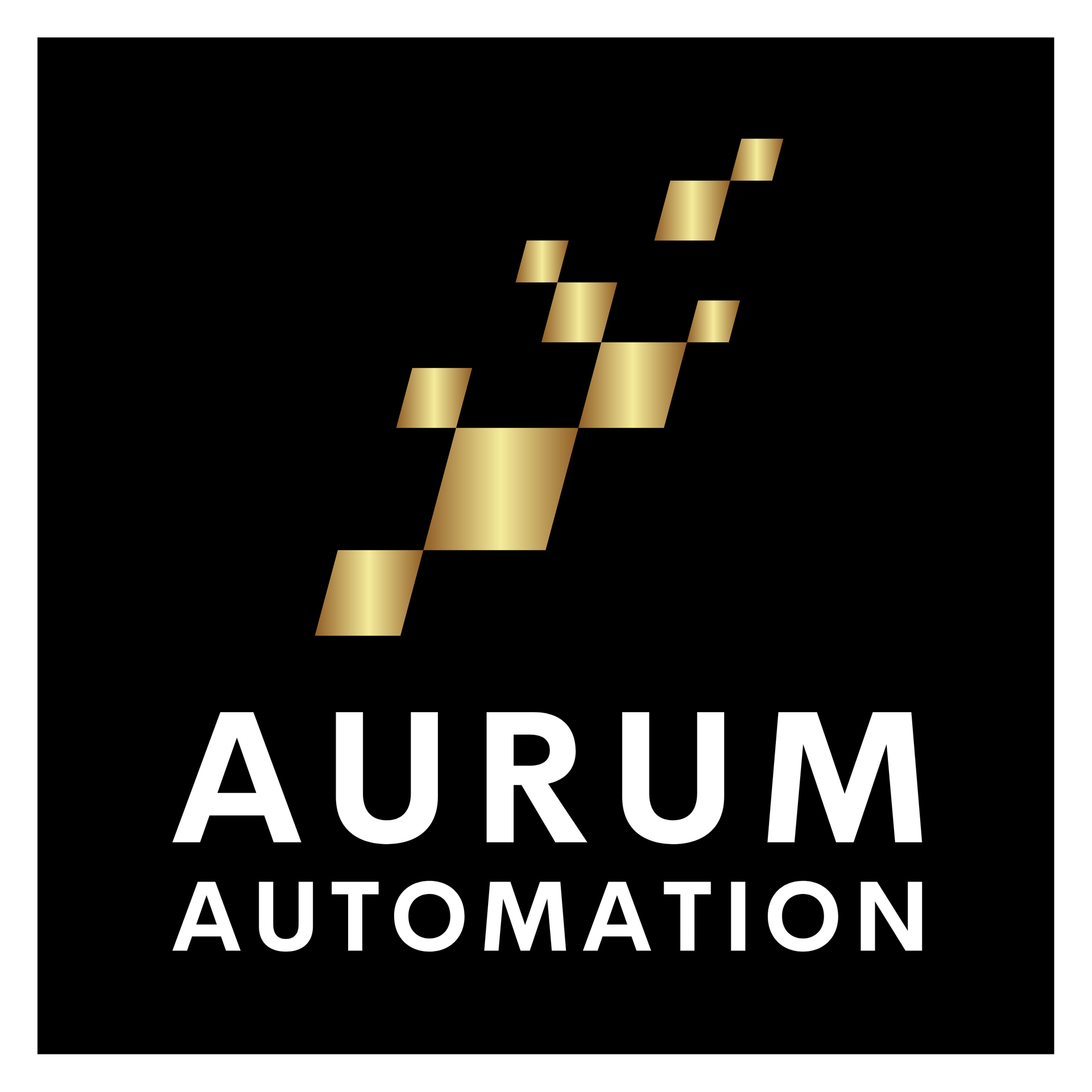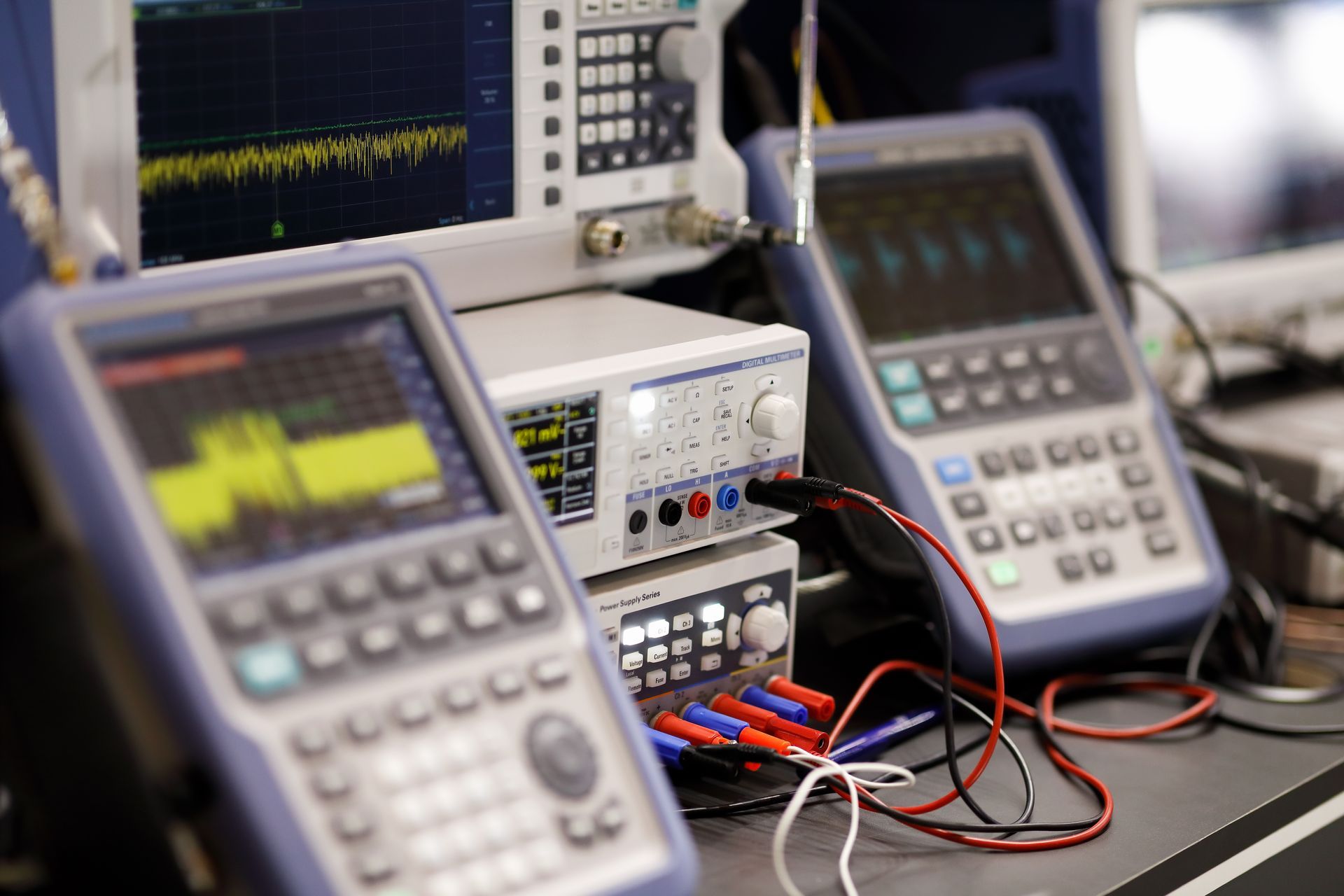Enhanced Collaboration and Innovation
Open-source platforms facilitate collaborative innovation, allowing engineers and developers from diverse backgrounds to contribute ideas and improvements. This collective effort accelerates the pace of technological advancement, enabling faster iterations of automation systems and testing methodologies.












